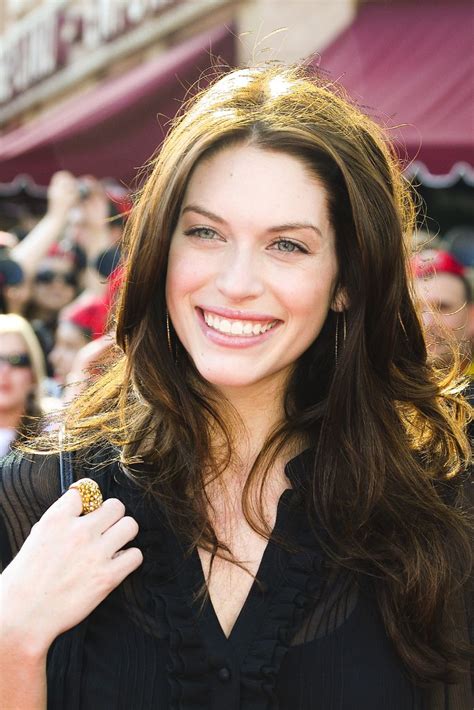A Quote by Doris Lessing
I wanted to write about my mother as she should have been if she had not been messed up by World War I.
Related Quotes
My mother hid the struggle from us children. She complained about her salary, and she had a tough time. Although she became a headmistress, she still had to do a lot of sewing. The more I think about her, the more remarkable I realise she was. And she understood straight away when I said that I wanted to write.
...fact was she knew more about them than she knew about herself, having never had the map to discover what she was like. Could she sing? (Was it nice to hear when she did?) Was she pretty? Was she a good friend? Could she have been a loving mother? A faithful wife? Have I got a sister and does she favor me? If my mother knew me would she like me? (140)
When I think about that kind of spirit, I think about my mother, who is standing here with me tonight. My mother is the embodiment of what it means to have a Texas spirit, because she wanted nothing more than for her children to have a better life than she had, to have an education beyond the ninth-grade education that she had, to live happier lives, more successful ones than she had been able to live. And you know what? She raised the daughter who ran for governor.
As a child, Kate hat once asked her mother how she would know she was in love. Her mother had said she would know she was in love when she would be willing to give up chocolate forever to be with that person for even an hour. Kate, a dedicated and hopeless chocoholic, had decided right then that she would never fall in love. She had been sure that no male was worth such privation.
The idea of the book ["The Japanese Lover"] came in a conversation that I had with a friend walking in the streets of New York. We were talking about our mothers, and I was telling her how old my mother was, and she was telling me about her mother. Her mother was Jewish, and she said that she was in a retirement home and that she had had a friend for 40 years that was a Japanese gardener. This person had been very important in my friend's upbringing.
One thing about my mother is that she has her taste: She knows what she likes and what looks good. It's not studied. There is no insecurity in what she is going to wear, and I think that translates into effortlessness. Her career has been a steady rise, and it hasn't been about the fashion of the moment. It's been because she has kept to her style. She didn't go grunge when it was grunge, or 70's when it was 70's. It's about being secure with what you like and not worrying about what's in fashion that particular day. That's what I admire about her.
My mother wanted to be a mother. That's the only thing she wanted from the bottom of her heart. She didn't want to be the number one actress - which she was - and she didn't want to be this great legend. All she wanted to be was a mother and she did but God took her away. So I always will empathise and sympathise with women.




































